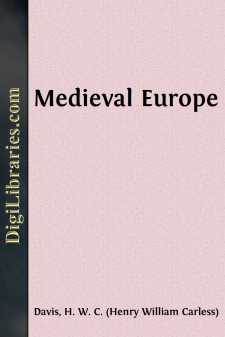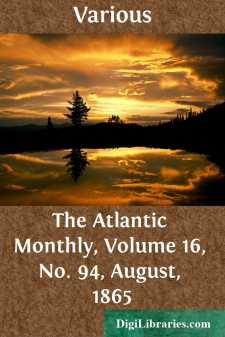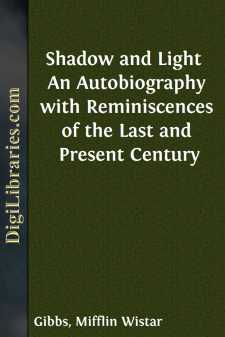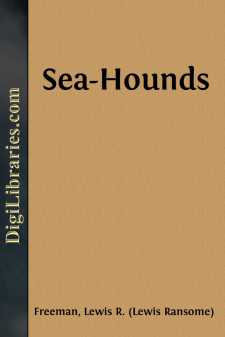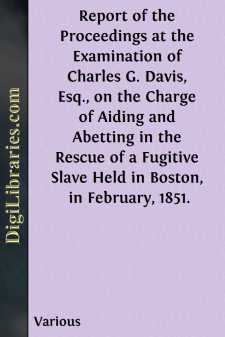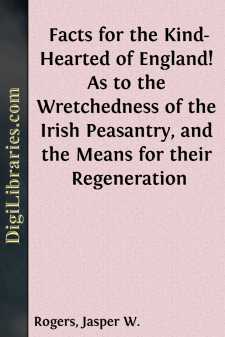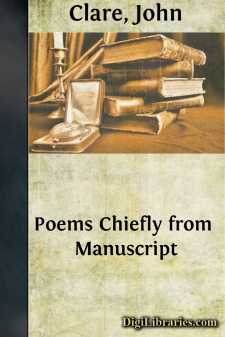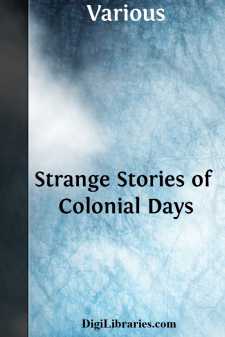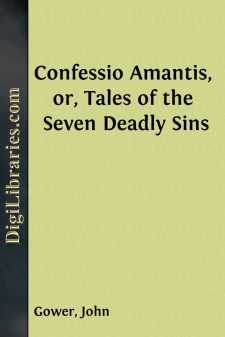Categories
- Antiques & Collectibles 13
- Architecture 36
- Art 48
- Bibles 22
- Biography & Autobiography 815
- Body, Mind & Spirit 144
- Business & Economics 28
- Children's Books 18
- Children's Fiction 14
- Computers 4
- Cooking 94
- Crafts & Hobbies 4
- Drama 346
- Education 58
- Family & Relationships 59
- Fiction 11835
- Games 19
- Gardening 17
- Health & Fitness 34
- History 1378
- House & Home 1
- Humor 147
- Juvenile Fiction 1873
- Juvenile Nonfiction 202
- Language Arts & Disciplines 89
- Law 16
- Literary Collections 686
- Literary Criticism 179
- Mathematics 13
- Medical 41
- Music 40
- Nature 180
- Non-Classifiable 1768
- Performing Arts 7
- Periodicals 1453
- Philosophy 65
- Photography 2
- Poetry 896
- Political Science 203
- Psychology 44
- Reference 154
- Religion 515
- Science 126
- Self-Help 85
- Social Science 83
- Sports & Recreation 34
- Study Aids 3
- Technology & Engineering 60
- Transportation 23
- Travel 463
- True Crime 29
Our website is made possible by displaying online advertisements to our visitors.
Please consider supporting us by disabling your ad blocker.
Medieval Europe
Description:
Excerpt
All divisions of history into periods are artificial in proportion as they are precise. In history there is, strictly speaking, no end and no beginning. Each event is the product of an infinite series of causes, the starting-point of an infinite series of effects. Language and thought, government and manners, transform themselves by imperceptible degrees; with the result that every age is an age of transition, not fully intelligible unless regarded as the child of a past and the parent of a future. Even so the species of the animal and vegetable kingdoms shade off one into another until, if we only observe the marginal cases, we are inclined to doubt whether the species is more than a figment of the mind. Yet the biologist is prepared to defend the idea of species; and in like manner the historian holds that the distinction between one phase of culture and another is real enough to justify, and, indeed, to demand, the use of distinguishing names. In the development of single communities and groups of communities there occurs now and again a moment of equilibrium, when institutions are stable and adapted to the needs of those who live under them; when the minds of men are filled with ideas which they find completely satisfying; when the statesman, the artist, and the poet feel that they are best fulfilling their several missions if they express in deed and work and language the aspirations common to the whole society. Then for a while man appears to be the master of his fate; and then the prevailing temper is one of reasoned optimism, of noble exaltation, of content allied with hope. The spectator feels that he is face to face with the maturity of a social system and a creed. These moments are rare indeed; but it is for the sake of understanding them that we read history. All the rest of human fortunes is in the nature of an introduction or an epilogue. Now by a period of history we mean the tract of years in which this balance of harmonious activities, this reconciliation of the real with the ideal, is in course of preparing, is actually subsisting, and is vanishing away.
Such a period were the Middle Ages—the centuries that separate the ancient from the modern world. They were something more than centuries of transition, though the genius of a Gibbon has represented them as a long night of ignorance and force, only redeemed from utter squalor by some lingering rays of ancient culture. It is true that they began with an involuntary secession from the power which represented, in the fifth century, the wisdom of Greece and the majesty of Rome; and that they ended with a jubilant return to the Promised Land of ancient art and literature. But the interval had been no mere sojourning in Egypt. The scholars of the Renaissance destroyed as much as they created. They overthrew one civilisation to clear the ground for another. It was imperative that the old canons of thought and conduct should be reconsidered. The time comes in the history of all half-truths when they form the great obstacles to the pursuit of truth. But this should not prevent us from recognising the value of the half-truth as a guide to those who first discover it; nor should we fall into the error, common to all reformers, of supposing that they comprehend the whole when they assert the importance of the neglected half. Erasmus had reason on his side; but so, too, had Aquinas. Luther was in his rough way a prophet; but St. Bernard also had a message for humanity.
Medieval culture was imperfect, was restricted to a narrow circle of superior minds, offered no satisfaction to some of the higher faculties and instincts. Measure it, however, by the memories and the achievements that it has bequeathed to the modern world, and it will be found not unworthy to rank with those of earlier and later Golden Ages. It flourished in the midst of rude surroundings, fierce passions, and material ambitions. The volcanic fires of primitive human nature smouldered near the surface of medieval life; the events chronicled in medieval history are too often those of sordid and relentless strife, of religious persecutions, of crimes and conquests mendaciously excused by the affectation of a moral aim. The truth is that every civilisation has a seamy side, which it is easy to expose and to denounce. We should not, however, judge an age by its crimes and scandals. We do not think of the Athenians solely or chiefly as the people who turned against Pericles, who tried to enslave Sicily, who executed Socrates. We appraise them rather by their most heroic exploits and their most enduring work. We must apply the same test to the medieval nations; we must judge of them by their philosophy and law, by their poetry and architecture, by the examples that they afford of statesmanship and saintship. In these fields we shall not find that we are dealing with the spasmodic and irreflective heroisms which illuminate a barbarous age. The highest medieval achievements are the fruit of deep reflection, of persevering and concentrated effort, of a self forgetting self in the service of humanity and God....


